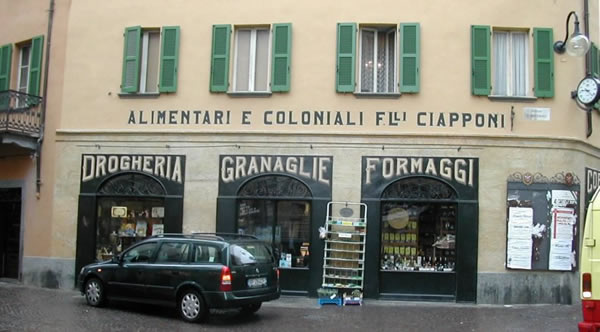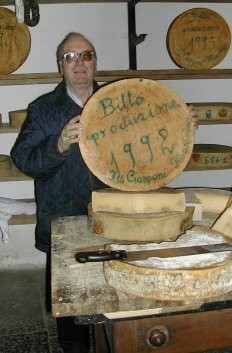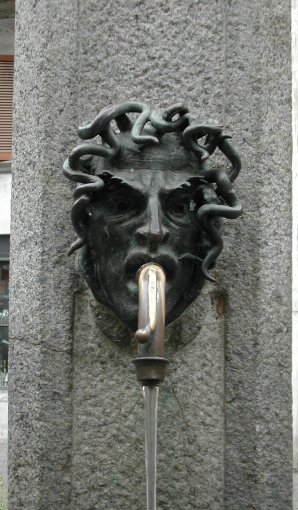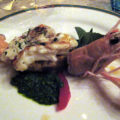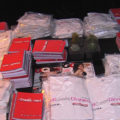Now that my MBA course is over and I can, without guilt, dedicate my time to non-studying activities, I’ve thrown myself into a couple of multimedia projects which had been on the back burner for some time.
One is a yearbook CD for my daughter’s middle school class. I did one last year almost by accident. During the class plays I sat in the front row videotaping for posterity (and for my husband, who couldn’t be there). Several parents asked if I could make copies of the videotape for them, but tape would have been a major pain in the butt. So I digitized the video using the old FutureTel gizmo (sold years ago by Adaptec as VideOh!) and its included software. Not great quality, but good enough for a small window on screen.
I had originally intended to just throw the raw video onto a CD and make copies of that. But then my creative juices started flowing. I already had Illuminatus Opus, a fun and powerful (and cheap!) software which can be used to create self-running, royalty-free multimedia applications. So, many hours of work later, the class yeardisc included a page for each student with photographs and answers to a questionnaire (favorite food, singer, etc.). As each page opened, the application would automatically play a song which Ross and I had chosen to represent that kid. There were pages on the teachers, the class trip and other activities. Each theatre piece had its own page with the video window and still pictures; there was even footage from backstage and the audience.
I made a copy for each student, with a personalized label, and Ross gave them out on the last day of school. We came home that night to phone messages of awed thanks from the kids and their parents: “This is a unique memento which will last forever!”
This year, of course, it’s taken for granted that I’ll do it again. Fortunately, Ross has gotten interested in Opus and is having great fun laying out the pages herself. We’re using one of Opus’ included background templates with bright, jazzy colors, and we’ve conquered the use of transparency to get interesting effects when laying photos over them. This year the classmates are supplying their own photos, and we have many more shots from class trips and other activities. Ross and I still reserve the right to choose a song for each – that was the fun part.
I’m doing something similar for my own high school class, the Woodstock Class of ’81. I have tons of material for this, since I was an avid photographer during high school, have been class secretary for the last 15 years, and I’ve kept things like old school newspapers. A few classmates have also supplied photos; it’s interesting to revisit our school days from someone else’s point of view, with totally different sets of people represented. One of my classmates is a designer and he’s doing the graphic design for the disc. Tracking down the music we used to listen to is both fun and scary. That was the age of disco: Abba, Boney M, the BeeGees… good lord, we actually listened to this stuff? Daily?
I’m having so much fun that I’m beginning to wonder if there’s a way to make a living doing this kind of thing. The music would be a problem: if I was actually being paid for these projects, I’d have to find a way to include popular music without incurring the wrath of the RIAA.




